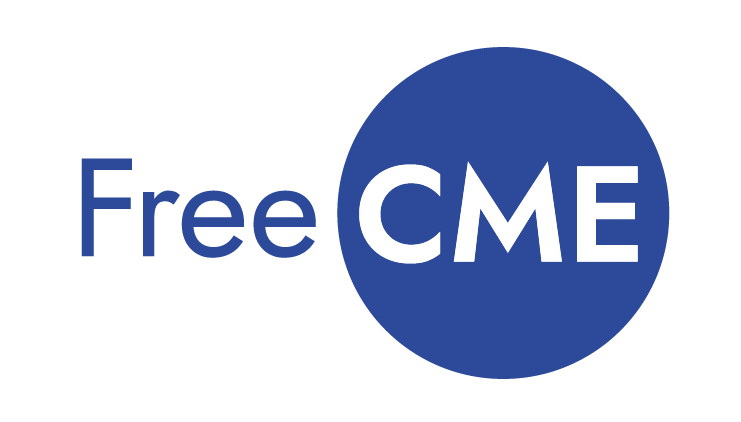Follow Us:


Oncologists; oncology nurse practitioners; and physician assistants
Non-small cell lung cancer; quality improvement; targeted therapy; molecular testing

 "Practicing medical oncology and hematology is more than a career - to me it is a calling. My mission is to work tirelessly in helping my patients. To that end, I continually strive to improve my medical knowledge and skills to provide leadership and guidance for all in my care. I also strive to stay grounded, take time to understand my patients, and establish with them the close partnership that is vital to good care." Dr Reddy practices Hematology and Medical Oncology at Epic Care's Castro Valley and San Leandro Care Centers. He also has affiliations with/privileges at Eden Medical Center, Castro Valley Campus, Castro Valley, CA; Eden Medical Center, San Leandro Campus, San Leandro, CA; St Rose Hospital, Hayward, CA; and Stanford Health Care, ValleyCare Medical Center, Pleasanton, CA.
"Practicing medical oncology and hematology is more than a career - to me it is a calling. My mission is to work tirelessly in helping my patients. To that end, I continually strive to improve my medical knowledge and skills to provide leadership and guidance for all in my care. I also strive to stay grounded, take time to understand my patients, and establish with them the close partnership that is vital to good care." Dr Reddy practices Hematology and Medical Oncology at Epic Care's Castro Valley and San Leandro Care Centers. He also has affiliations with/privileges at Eden Medical Center, Castro Valley Campus, Castro Valley, CA; Eden Medical Center, San Leandro Campus, San Leandro, CA; St Rose Hospital, Hayward, CA; and Stanford Health Care, ValleyCare Medical Center, Pleasanton, CA. Dr Tibb currently serves as Chief Quality Officer of the Valley Medical Group, in addition to being the Medical Director of Palliative Care at The Valley Hospital. Dr Tibb is Board certified in Internal Medicine, Pulmonary Diseases, Critical Care, Neurocritical Care and Palliative & Hospice Medicine. He retains faculty position as Clinical Assistant Professor of Medicine at Albert Einstein College of Medicine.
Dr Tibb currently serves as Chief Quality Officer of the Valley Medical Group, in addition to being the Medical Director of Palliative Care at The Valley Hospital. Dr Tibb is Board certified in Internal Medicine, Pulmonary Diseases, Critical Care, Neurocritical Care and Palliative & Hospice Medicine. He retains faculty position as Clinical Assistant Professor of Medicine at Albert Einstein College of Medicine.| 1. | Utilize a comprehensive understanding of histopathologic and molecular underpinnings of non-small cell lung cancer (NSCLC) and efficacy and safety data for agents used to treat NSCLC to select the most appropriate personalized therapies | 2. | Assess practice-based clinical metrics to determine factors contributing to high and low performance |
| 3. | Describe ways to improve the use of palliative care services in patients with advanced NSCLC | 4. | Describe the use of Electronic Health Record (EHR) interventions to improve quality measures |
| 5. | Discuss methods to sustain change after a Quality Improvement initiative | 6. | Discuss methods to improve the effect of Tumor Boards to improve quality of care |
| 1. | Utilize a comprehensive understanding of histopathologic and molecular underpinnings of non-small cell lung cancer (NSCLC) and efficacy and safety data for agents used to treat NSCLC to select the most appropriate personalized therapies |
| 2. | Assess practice-based clinical metrics to determine factors contributing to high and low performance |
| 3. | Describe ways to improve the use of palliative care services in patients with advanced NSCLC |
| 4. | Describe the use of Electronic Health Record (EHR) interventions to improve quality measures |
| 5. | Discuss methods to sustain change after a Quality Improvement initiative |
| 6. | Discuss methods to improve the effect of Tumor Boards to improve quality of care |

COURSE VIEWING REQUIREMENTS
| Supported Browsers: Internet Explorer 8.0+ for Windows 2003, Vista, XP, Windows 7, Windows 8.1 and above Google Chrome 28.0+ for Windows, Mac OS, or Linux Mozilla Firefox 23.0+ for Windows, Mac OS, or Linux Safari 6.0+ for Mac OSX 10.7 and above | Supported Phones & Tablets: Android 4.0.3 and above iPhone/iPad with iOS 6.1 or above. |
